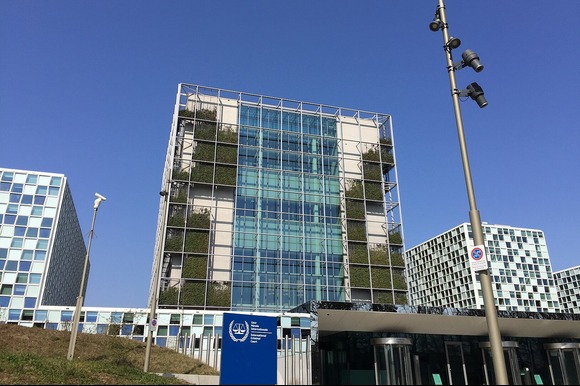The International Criminal Court (ICC) has strongly criticised new sanctions imposed by the United States on four of its judges and prosecutors, calling the measures a “flagrant attack” on the court’s independence and its mission to uphold international justice.
On Wednesday, the U.S. State Department announced sanctions targeting two judges and two deputy prosecutors of the ICC, accusing them of pursuing legal action against U.S. and Israeli citizens. The decision prompted immediate backlash from international legal bodies and foreign governments, while receiving full support from Israeli officials.
U.S. Secretary of State Marco Rubio defended the move, branding the ICC a “national security threat” and accusing it of being “an instrument of lawfare” weaponised against the United States and Israel.
Israeli Prime Minister Benjamin Netanyahu praised the U.S. move, describing it as a “firm measure against the mendacious smear campaign” being waged against Israel. The ICC has issued arrest warrants for Netanyahu and his former defence minister, Yoav Gallant, citing alleged war crimes and crimes against humanity in relation to Israel’s military actions in Gaza.
Among the officials sanctioned by the U.S. is French judge Nicolas Guillou, who was specifically penalised for authorising the arrest warrants against Netanyahu and Gallant. France swiftly responded, denouncing the sanctions and expressing “dismay,” with its foreign ministry calling the U.S. action a violation of the principle of an independent judiciary, as reported by AFP.
The other sanctioned officials include Canadian judge Kimberly Prost, who the U.S. claims was involved in a probe into American personnel in Afghanistan, as well as deputy prosecutors Nazhat Shameem Khan of Fiji and Mame Mandiaye Niang of Senegal, who were both cited for “illegitimate actions against Israel.”
The ICC issued a formal statement condemning the sanctions, saying they “constitute an affront against the court’s independence, impartiality, and the rules-based international order,” adding that they undermine justice for “millions of innocent victims across the world.”
The sanctions block the targeted officials from accessing or benefiting from any property or interests they may hold within the United States.
The latest round of penalties comes in the wake of similar measures imposed earlier this year by the U.S. against the ICC’s chief prosecutor Karim Khan KC and four additional judges. At the time, the United Nations’ human rights chief called for the U.S. to withdraw the sanctions, warning they ran directly counter to the respect for the rule of law.
In July, the U.S. also sanctioned Francesca Albanese, the UN Human Rights Council’s special rapporteur and a vocal critic of Israel’s actions in Gaza. Rubio pointed to Albanese’s support for the ICC and her role in its efforts to prosecute U.S. and Israeli nationals as justification for targeting her.
In response, Albanese reiterated her support for the ICC in a social media post, noting that she hails from Italy—one of the court’s founding nations—where “lawyers and judges have defended justice at great cost and often with their own life.”
“I intend to honour that tradition,” she stated.
The developments underscore a growing divide between the U.S. and its allies over the role of international justice mechanisms and accountability for war crimes, particularly in conflict zones such as Gaza and Afghanistan.






